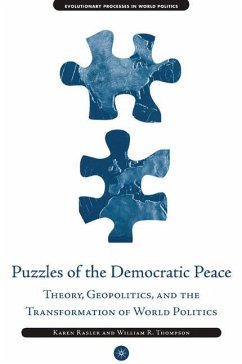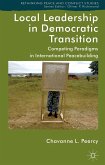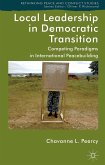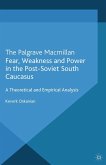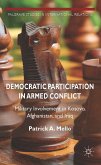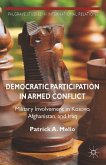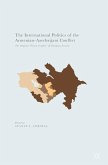Ever since the revival of Kant's Perpetual Peace thesis, the linkages between democracy and peace has been a central topic in international relations research, with sustained debate over whether it exists and if it does, why it does. In this stimulating volume, two leading IR scholars place the democratic peace debate within a broader context, including the extent of threats in international relations, degree of satisfaction with the status quo, the diffusion of democracy, and the rise of the trading state. Step by step, Thompson and Rasler examine the democratic peace through a series of puzzles concerning arguments at the dyadic, systemic, and individual state levels. Synthesizing a broad range of knowledge and linking islands of theory, Puzzles of the Democratic Peace provides a distinctive look at the state of the field and paths forward.
'This volume is extremely impressive. Its careful, well-balanced theoretical approach and its systematic empirical testing will quickly make it the gold standard for books on the democratic peace. Each chapter builds on the preceding chapter by testing important components of the new theory, building a mountain of empirical evidence in support of the new approach. Scholars will be engrossed by the sophisticated theoretical comparisons and the new synthesis that the authors advance.' - Jeffrey Pickering, Kansas State University

